250
4
5 minutes
Suggested Articles

First-generation Ivy Leaguers triumph over unique college challenges
Discover key insights, life hacks, and data-driven tips for first-generation college students thriving in prestigious U.S. universities. Find practical strategies, unique challenges, and fresh perspectives essential for student success.
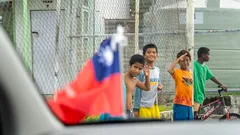
Families face hard choices as new rule narrows Head Start access for immigrant children
News & Updates
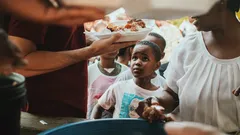
SNAP and CalFresh cuts hit families hard as food insecurity surges
News & Updates
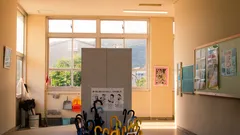
Educators warn Head Start exclusion leaves undocumented children behind
Civic Education

New summer EBT program eases families’ food worries this season
Resources & Tools

Federal funding delays threaten vital support for US students and schools
News & Updates

School communities brace as $140 million funding freeze strains resources
News & Updates

Colorado schools unlock $80M in federal funding, fueling big gains for students
Hiring
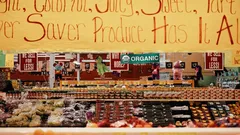
Maximize every grocery dollar with easy changes that really add up
Resources & Tools

Inside the Hidden Struggles of Student Mental Health in American Schools
Civic Education
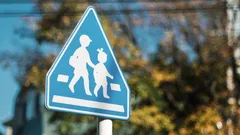
Parents empower kids with smart routines to boost school and neighborhood safety
News & Updates

First-generation Ivy Leaguers triumph over unique college challenges
Hiring

Americans brace for possible Social Security cuts that reshape retirement
News & Updates

Why this Florida data leak changes how we think about privacy
News & Updates

Build your own AI chatbot and unlock hands-on tech superpowers
Resources & Tools

How to outsmart hidden medical expenses in your golden years
Civic Education

California workers secure jobs this summer with new 2025 laws
Hiring
 Love Women Vibes
Love Women Vibes

Comments